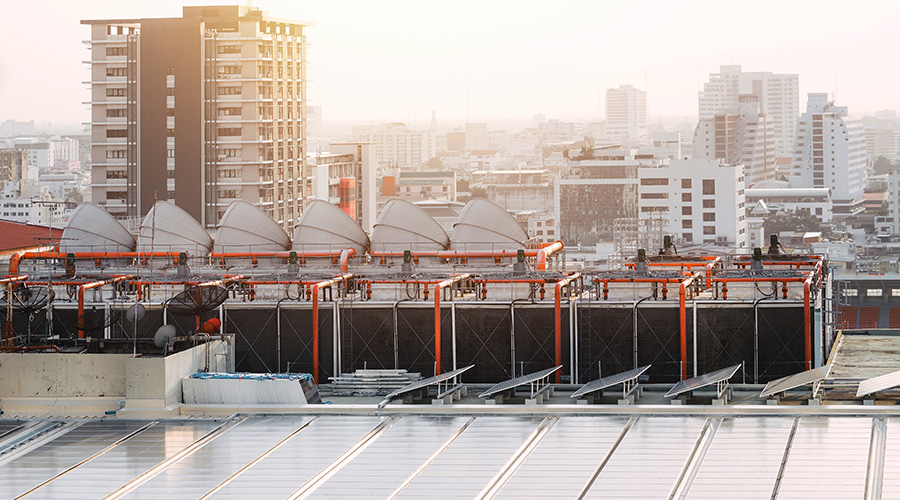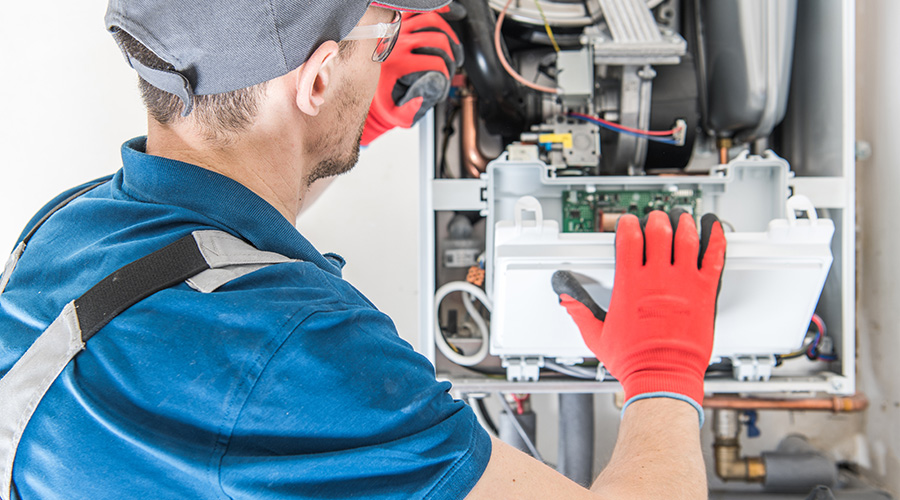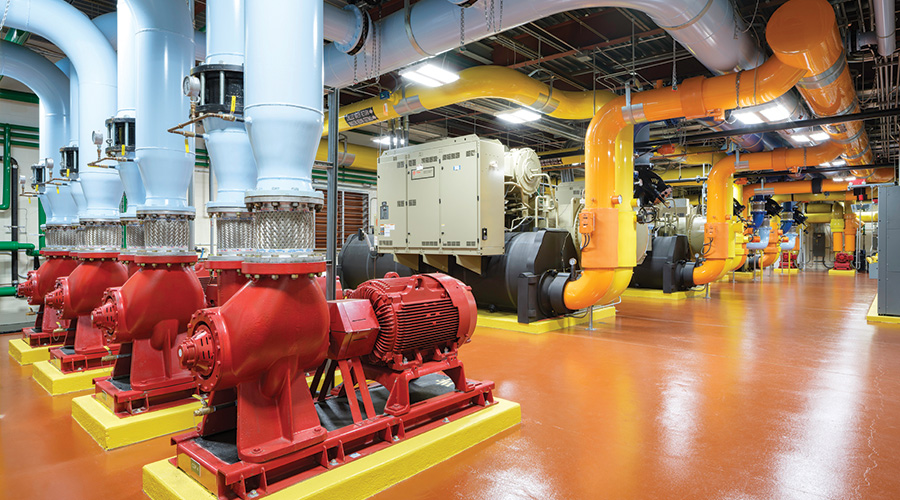Boiler Maintenance: Eliminate Scale, Control Blowdown
No matter the level of new technology specified for boilers, they will perform only to the level at which technicians maintain them. A range of tasks must take place to keep boilers operating safely and effectively, but a small number of these tasks will have the largest impact on boiler operating efficiency.
Scale is one of the biggest killers of operating efficiency. Boiler scale has a very low thermal conductivity, so when it forms on heat-transfer surfaces, it reduces heat transfer and causes a loss in boiler efficiency.
Even a thin layer of scale can reduce operating efficiency by 10 percent or more. If scale grows unchecked, it can result in the overheating and failure of boiler tubes.
The best way to control scale formation in a boiler is through chemical water treatment and makeup water pretreatment. Even with these measures in place, technicians still will need to clean boiler tubes regularly.
Improper boiler blowdown is another killer of boiler operating efficiency. As the boiler operates, the level of solids suspended in the water increases. To help keep the concentration of solids at an acceptable level, technicians bleed off part of the circulating water and replace it with fresh, treated water.
If the blowdown rate is too high, it wastes water, energy and treatment chemicals. If it is too low, the concentration of solids rises, leading to scale formation in the boiler. For most applications, blowdown rates should be 4-8 percent of the feedwater flow rate. If the water quality is poor, blowdown rates can be much higher.
Operators can best control boiler blowdown by using an automatic-control system. Automatic blowdown controls continually monitor the boiler’s water quality, adjusting the blowdown rate as necessary. Automatic blowdown controls typically improve the boiler’s operating efficiency by 2-5 percent, compared to controlling blowdown manually.
Related Topics:















